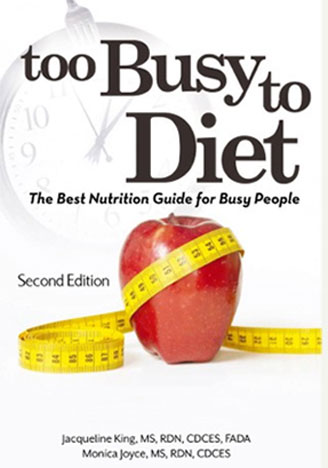The Mediterranean Diet
in The Too Busy to Diet Blog on June 16, 2017

Written by Sarah Pennington, Dietetic Student at Miami University
The Mediterranean Diet has been shown to help improve health in a wide variety of ways. It has been shown to help improve heart health as well as help promote healthier blood vessels, which can improve the risk of stroke. This diet has been shown to reduce the number of hip fractures in women by increasing the amount of olive oil and nuts on a regular basis, and has been shown to provide a lower risk of breast cancer in women due to the increased consumption of olive oil. The summer is the perfect time to get on board with the Mediterranean Diet with the warm weather, and abundance of fresh fruits and veggies.
So, what exactly is the Mediterranean Diet?
The Mediterranean Diet incorporates fruits, vegetables, grains, olive oil, beans, legumes, seeds, herbs and spices into every meal. These food groups are packed with health nutrients for the body that offer so many of the benefits shown in the studies. Fish and seafood are incorporated into the diet about twice a week for a healthy protein source. While eggs, poultry, cheese and yogurt are eaten in moderation either daily or weekly. Red meats and sweets are eaten sparingly, as sweets often contain high amounts of sugar, and red meats have been linked to cancer. The Mediterranean Diet does not eliminate any foods from the diet, but rather encourages an individual to cut back on how often it is consumed.
Buy the Too Busy to Diet book
Get your copy of the definitive diet reference guide and healthy eating book today. Stop reading those misleading fad diet books and read an easy to follow book on how to lose weight and keep it off from actual Registered Dietitians.

Recent Posts
- Barbeque Turkey Meatloaf
- Pescado a la Veracruzana
- Juicy Pork Chops
- Rotasserie Chicken Casserole
- Grilled Salmon & Blueberry Salad